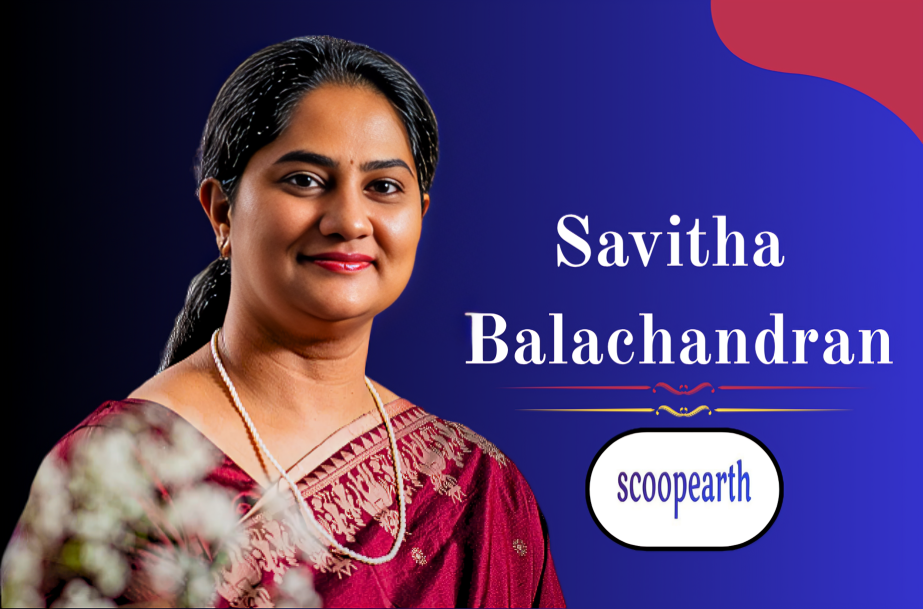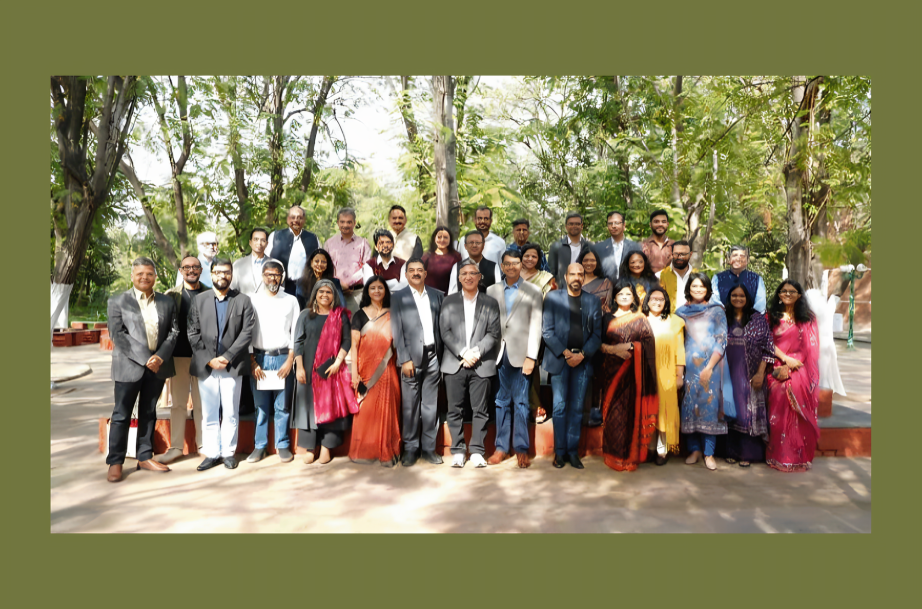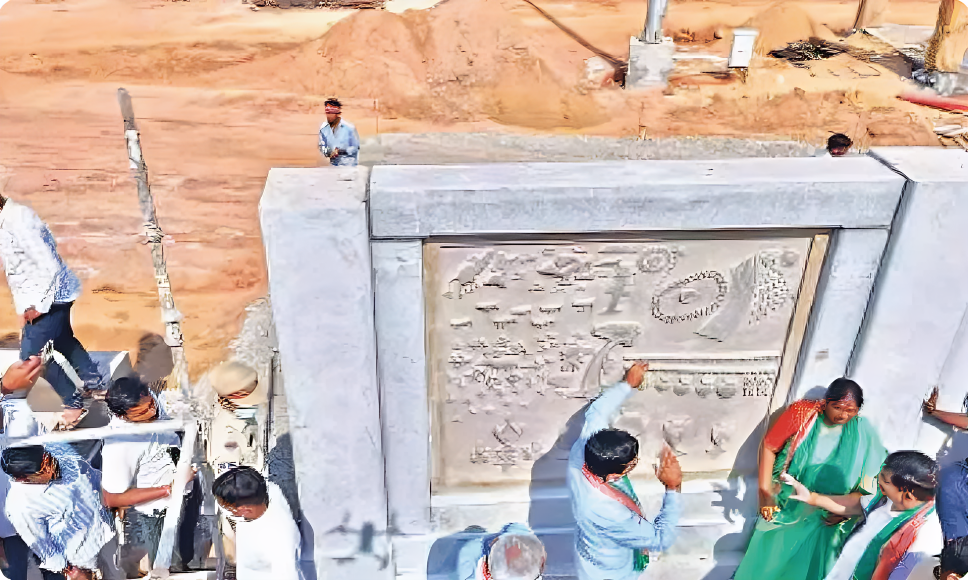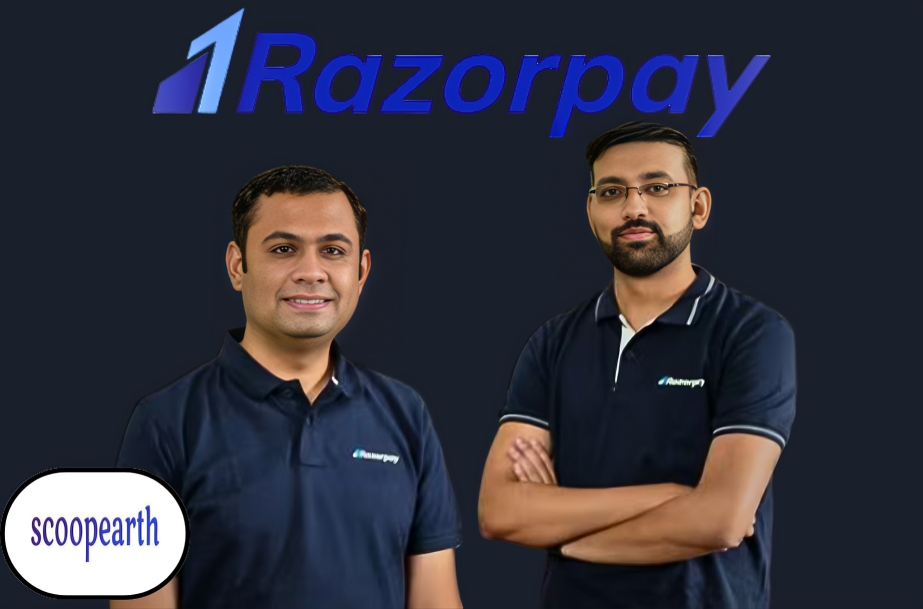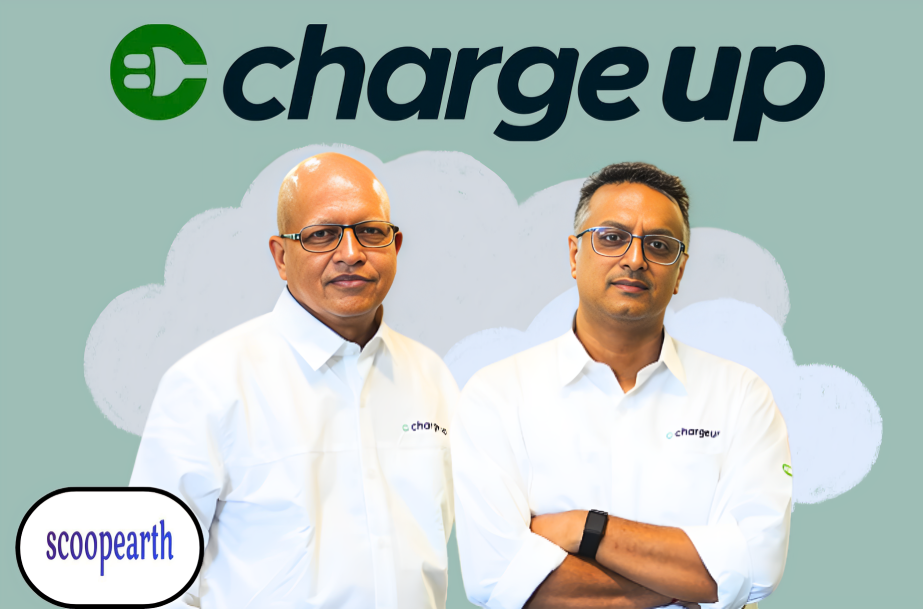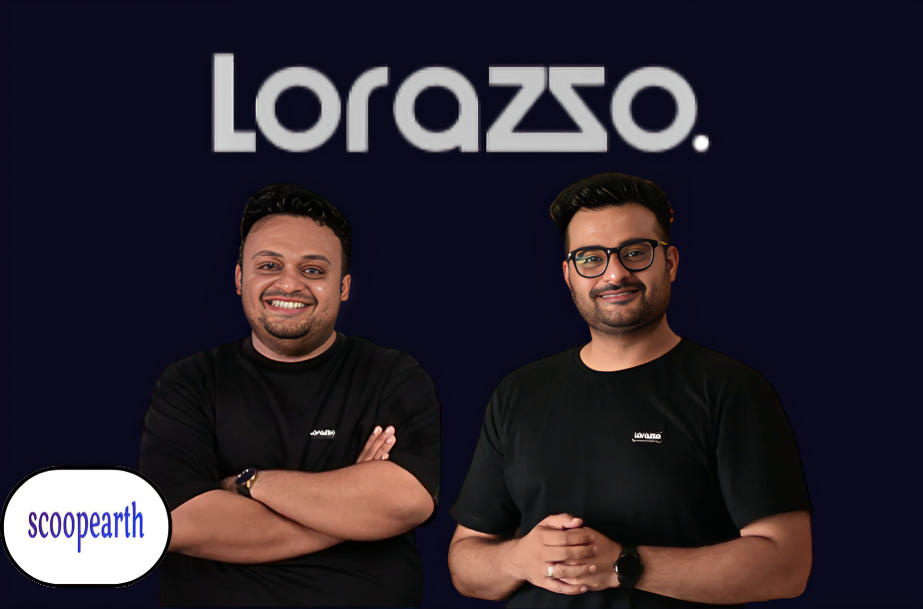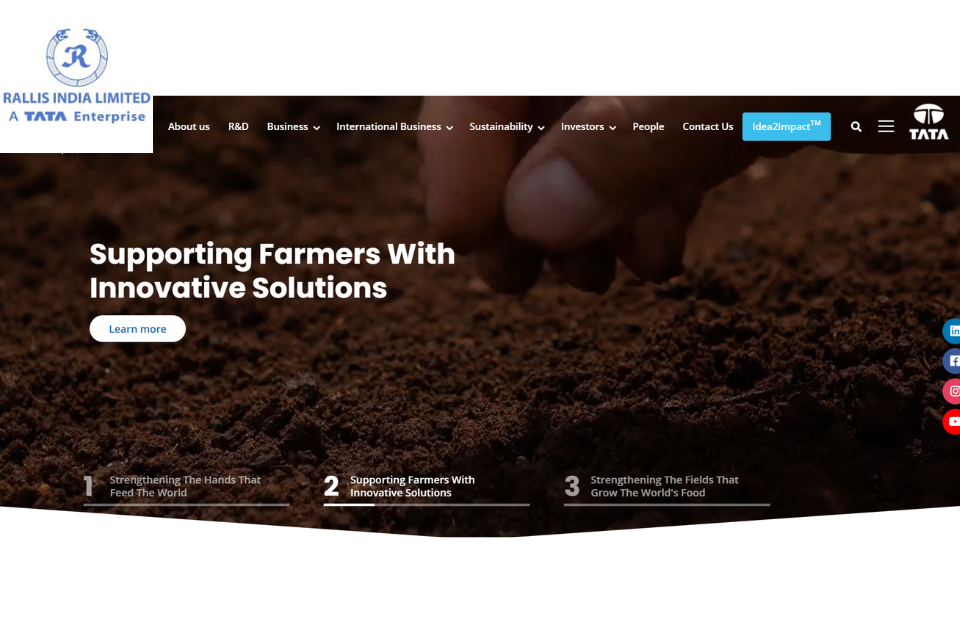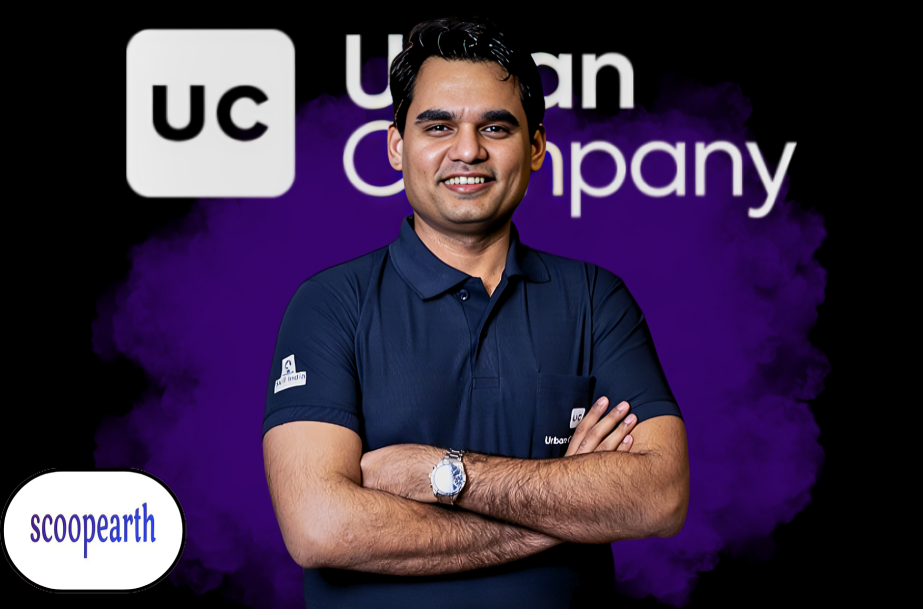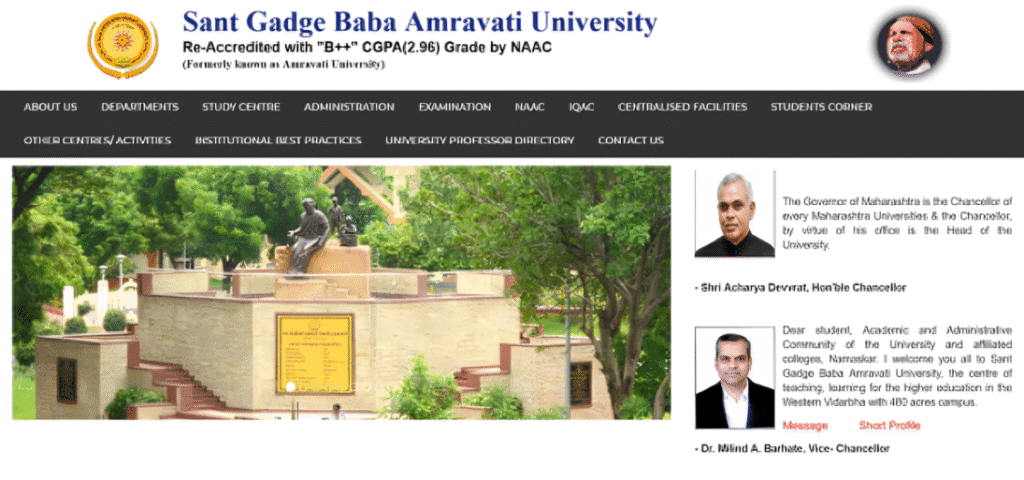Rahul Arepaka and George Mathew, two 22-year-old engineers, have built Rakshak, India’s first AI-powered robot that uses lasers to eliminate weeds
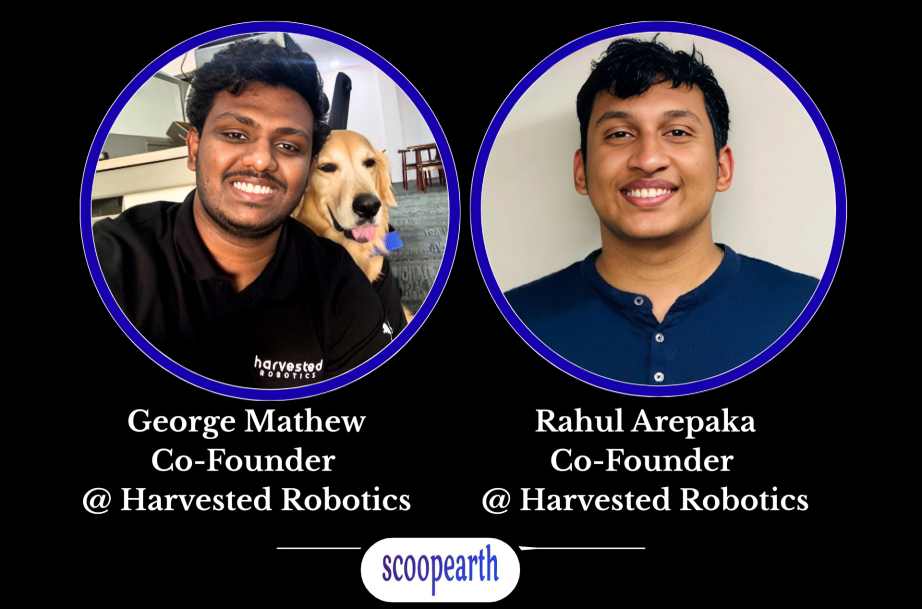
SUMMARY
Rahul Arepaka and George Mathew, two 22-year-old Hyderabadi engineers, are on a silent revolution in Indian agriculture through their startup, Harvested Labs. Their invention, Rakshak, is the first AI-powered robot in India, which uses lasers to kill weeds as an alternative to chemical pesticides and labor. With the approach to commercial launch, Rakshak has the potential to revolutionize the farming practice in India, and maybe in other countries. Harvested Labs is forging a path with each laser beam.
Journey behind Harvested Labs and Rakshak
Harvested Labs was started as a journey by Rahul and George, who were engineering students at Mahindra University. With a common idea of how to overcome the long-standing challenge of weed control in Indian farms, they began working on their technology in the incubator at the university. They aimed at creating a solution that would be friendly to the farmer and one that is environmentally friendly.
The duo officially started Harvested Labs in 2023 when they were still pursuing their B.Tech degrees. They had established the base of a deeptech agricultural robotics startup by graduating in 2024. Their flagship product, Rakshak, was meant to address one of the most costly and intensive processes in farming, weed removal.
Rakshak is not a simple farm implement. It is an advanced AI-based laser-weeding machine capable of being attached to a tractor. The robot has a high-resolution camera and sophisticated computer vision algorithms, which recognize weeds in real time and burn them with high-precision lasers. This avoids the use of chemical herbicides and minimizes the reliance on manual labor, which is expensive and not very reliable.
The technology is in its early stages of development, and already, the team has deployed camera boxes in farms in India to gather information and train their AI models. Rahul says that the world has only 12 countries developing laser-based weeding solutions, and Harvested Laboratories is the first to do it in India. Their solution is a hardware-software intelligence, which is a very local solution to a worldwide issue.
Harvested Labs has been well-supported within the university and venture capital communities. Mahindra University funded the startup at an early stage by paying ₹20 lakh. In March 2025, the firm obtained ₹5 crore through a pre-seed financing round headed by Bengaluru-based Arali Ventures. Mahindra Group Chairman, Anand Mahindra, is also an angel investor in the company.
The innovation has made the startup become recognized worldwide. Rahul and his team were among the top 10 startups to attend FIRA, a high-end agri-robotics event, in California last October. Their attendance at such global exhibitions indicates the increased interest in Indian deeptechs in agriculture.
Aim and challenges faced while building Rakshak for sustainability solutions
Farmers incur a regular cost in weeding, which may be as high as ₹60,000 per annum. Chemical substitutes are toxic to the environment and human health, and manual weeding is strenuous and unproductive. Rakshak seeks to address this by providing a machine that could be rented or bought at dealerships to enable its use by small and medium-sized farmers.
Hundreds of farmers already show interest and have pre-ordered the product. Harvested Labs will sell the machines to dealers who will resell them to farmers instead of selling them to farmers directly. The model can provide superior service, warranty, and availability of spares, and long-term usability and support.
Rahul and George have various difficulties, even though they are improving. Hardware-based solutions are time and resource-consuming to build. The absence of local suppliers of electronic parts implies that they have to resort to imports, thereby contributing to expenses and time loss. Finding expertise in hardware and embedded systems is a barrier, with the majority of engineers opting to work in software-related jobs.
The team remains optimistic. They have a full-time eight-member R&D team in Hyderabad, where they are optimizing the AI models and laser systems to accommodate all types of weeds. It aims to commercially roll out Rakshak in early 2026, after further pilot deployments and field tests.
Conclusion
Harvested Labs is not just a startup but a representation of the potential of young Indian innovators who can accomplish a lot when they combine technology and purpose. Rahul Arepaka and George Mathew are solving a significant pain point in agricultural production by developing a robot that removes weeds with lasers rather than pesticides, making agriculture more efficient and sustainable. Their experience of moving out of college classes to international stages speaks in favor of the strength of deeptech entrepreneurship.
Note: We at scoopearth take our ethics very seriously. More information about it can be found here.


